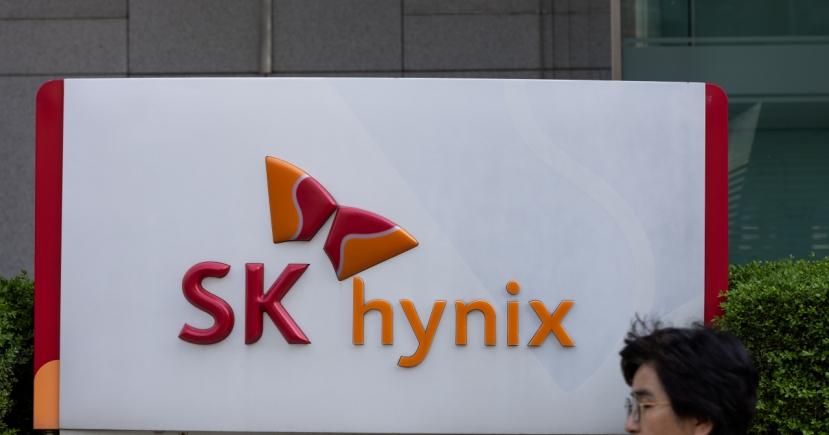Startups
Spacewalk poised to disrupt land development
Land is one of the most finite resources and one of the largest investments that an individual can make. Yet the business of buying, selling and developing land is lagging behind disruptive innovations evident across other sectors.
Only recently has South Korea’s real estate sector, which has been relatively slower in adopting new technologies, observed the emergence of property tech companies, led by house-listing startups like Zigbang and Dabang.
Now an emerging Korean proptech startup is poised to shake up the segmented land development sector.
 |
Cho Sung-hyeon, CEO of Spacewalk |
Related:
NH Nonghyup boasts promising startups at first demo day
“Because land is so limited, it is extremely important to utilize land in the most efficient way possible, and we want to tackle inefficiency in the market with technologies,” Cho Sung-hyeon, CEO of Spacewalk, said during a recent interview with The Investor.
Cho, a construction engineer-turned-startup founder, identified two most significant problems in the industry -- convoluted regulations and relatively smaller deals -- which make it difficult to estimate the future profitability of redevelopment projects of land and buildings here.
There are currently 23 laws concerning the use of land and the construction and renovation of buildings, with at least 11 of them applying to construction projects. These regulations constantly change, and the applied terms can differ from building to building even if they sit right next to each other.
Until recently, land development and development projects have been mainly driven by the government via state-run companies like Korea Land and Housing Corp., which would buy land in bulk and carry out large housing projects.
But such projects are now decreasing, and there is more demand for smaller projects, ranging from those involving owners of small plots of land and buildings to a community consisting of a dozen households.
“For a project more than 100 billion won ($82 million), let’s say, it is easy to evaluate the profitability of the land development but there are not many experts who can help for tiny and small projects,” Cho added.
To tackle these inefficiencies including high prices, Spacewalk introduced its Landbook service, which provides artificial intelligence and big data-based services.
 |
Spacewalk`s AI-based land evaluation servicve Landbook |
If a potential land buyer clicks an address on Landbook’s map, it shows details of the building, including historical price changes and whether the building is worth reconstructing, and if so, forecasts on returns on the new building.
The convenience and novelty of Landbook have attracted many people and companies, including five state-run house and land development companies, such as the state-run Korea Land and Housing Corp. and Seoul Housing & Communities Corp.
Using Landbook-created reports and estimate, those state-run companies provide consultation for smaller redevelopment projects.
Landbook is part of the initial phase of the startup’s growth plan. It eventually hopes to establish a platform to connect buyers of land directly to sellers.
“We want to make a one-stop platform where people can buy and sell land by 2020, just like Opendoor sells residential houses on its platform,” Cho said.
Opendoor, one of the fastest growing proptech firm in the US with a valuation of almost $4 billion, buys up houses on its platform, flips the places and resells them online.
Meanwhile, 4-year-old Spacewalk’s ambition has drawn support, with a total of 2.2 billion won ($1.8 million) in investments from Stonebridge Capital, KB Investment and strategic investors, including real estate platform operator Zigbang, HYU Holdings and Woomi Construction.
Some of the investors see bigger potential than financial returns. “Spacewalk is a social venture in the sense that it will bring about fundamental changes,” said Kim Jae-Hyun, CEO of Creviss Partner. Social impact-focused Creviss is the earliest investor in the startup, along with Terra Funding.
By Park Ga-young and Song Seung-hyun (gypark@heraldcorp.com) (ssh@heraldcorp.com)






![[KH Explains] Korean shipbuilding stocks rally: Real growth or bubble?](http://res.heraldm.com/phpwas/restmb_idxmake.php?idx=151&simg=/content/image/2024/04/25/20240425050656_0.jpg)
![[Hello India] Hyundai Motor vows to boost 'clean mobility' in India](http://res.heraldm.com/phpwas/restmb_idxmake.php?idx=151&simg=/content/image/2024/04/25/20240425050672_0.jpg)
